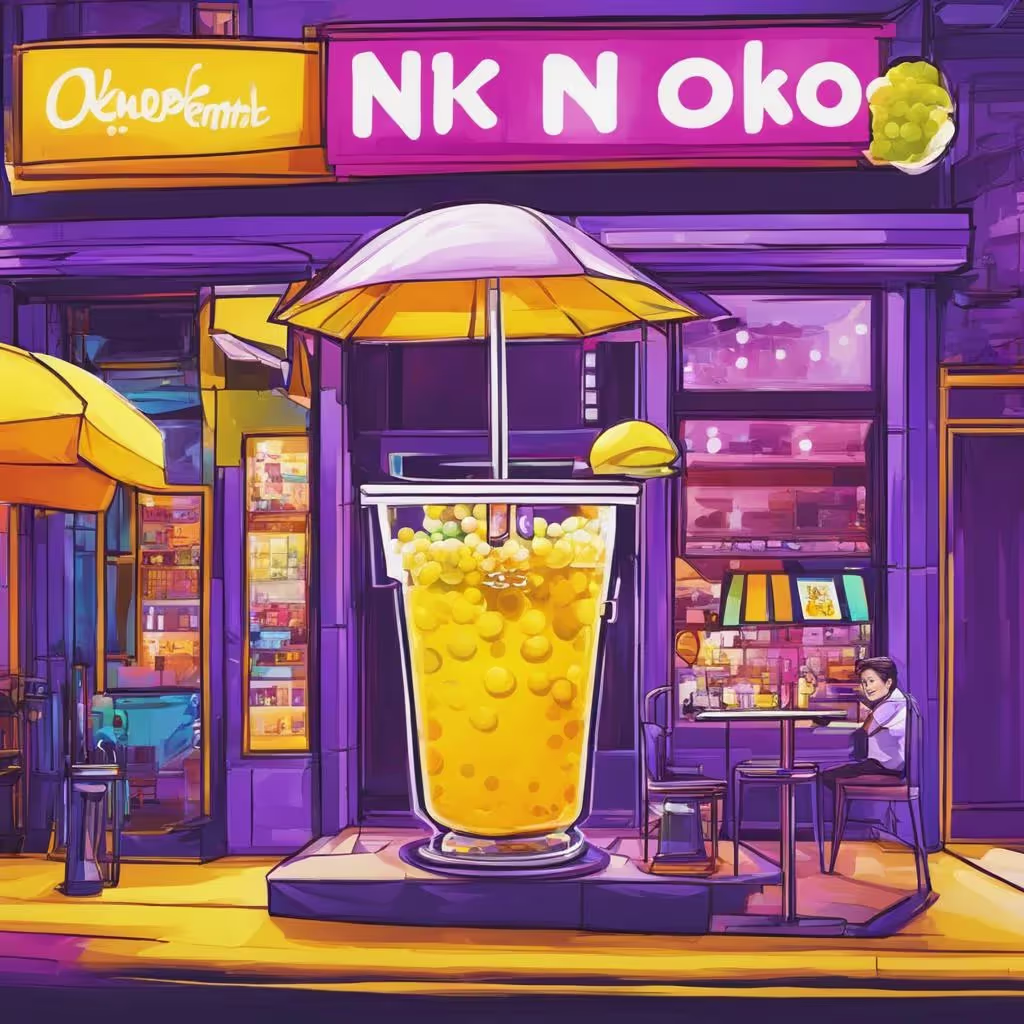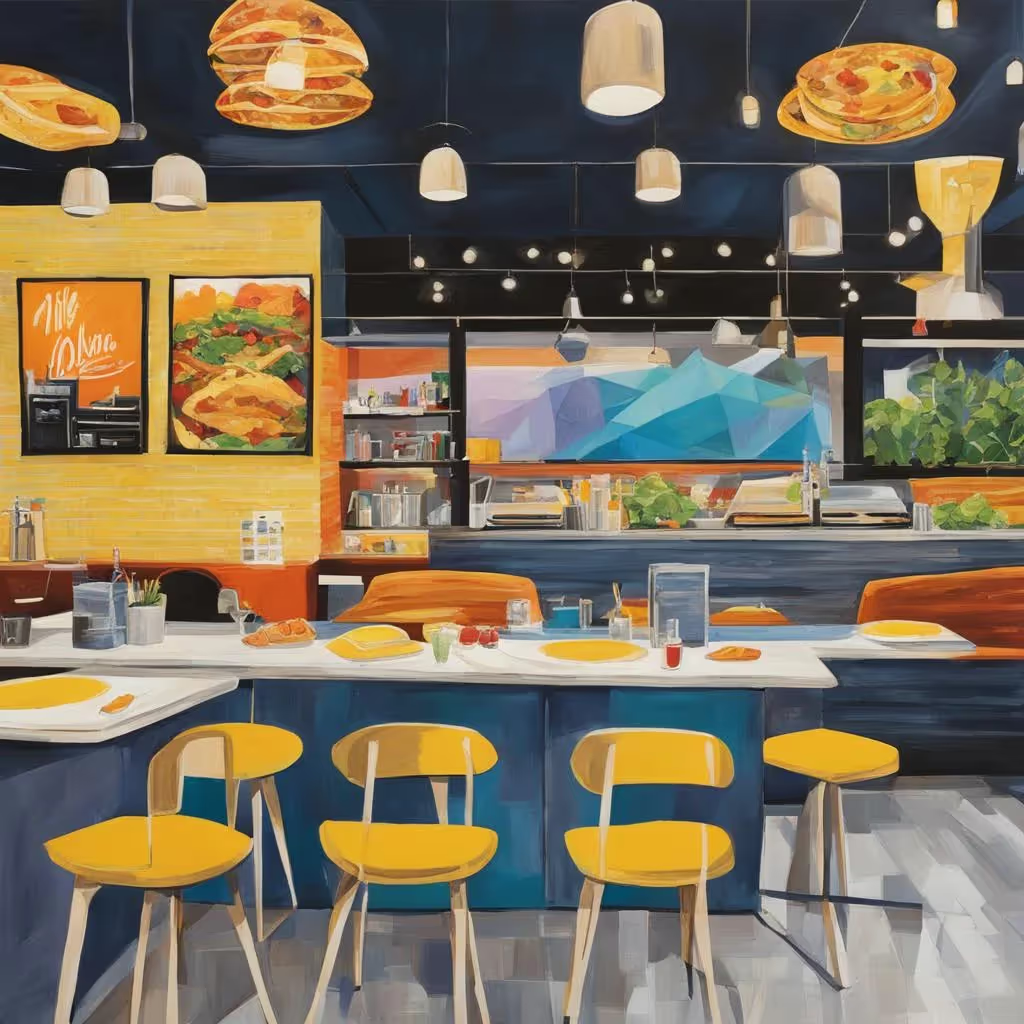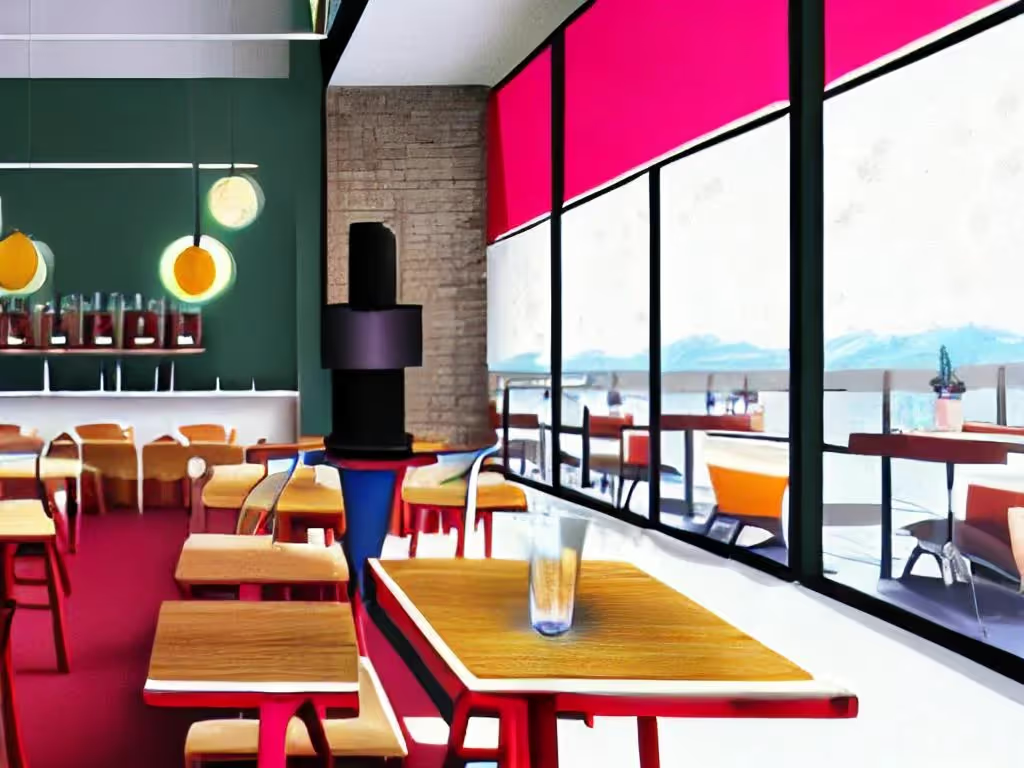These past two years have been challenging for the restaurant industry. However, as research improves and increased vaccination rates build immunity, the country seems better equipped to handle further challenges during this crisis. As such, it will be very likely for the restaurant industry to experience a steady recovery this next year, albeit with some changes to the landscape.
Most of these changes involve where and how customers dine. A survey conducted by the National Restaurant Association shows that 84% of American adults said restaurants should permanently set up tables at outdoor locations like sidewalks, parking lots, and streets. Another 52% said they hoped restaurants would incorporate technology to streamline paying and ordering. Below, we’ll cover the many trends customers should expect from this new era of restaurants.
The Rise of Ghost Kitchens
Given the health crisis, many people still don’t feel safe visiting places where large groups of people gather. Many will continue to rely on deliveries and take out to get their food. Additionally, the service industry is trying to recover from this year’s labor crisis. Restaurants across the nation are understaffed, making it difficult to provide the high-quality dining experience many customers seek.
To account for both of the above points, restaurants owners in 2021 tested a new type of foodservice: the ghost kitchen. Ghost kitchens are restaurants that rely exclusively on delivery and takeout from online orders. To save on rent and labor, ghost kitchens occupy smaller physical spaces and forgo having a physical storefront or in-house dining services. Though there are only 300 ghost kitchens in operation today, experts predict that ghost kitchens will become a $1 trillion industry by 2030.
Strengthened Online Presence
For years, Instagram has been one of the most popular platforms for promoting businesses. Its interface allowed restauranteurs to promote their food and services by appealing to viewers’ visual tastes. However, TikTok is also quickly becoming another contender. In fact, the company itself has already branched out to the food industry. It recently launched TikTok Kitchens, a ghost kitchen concept that delivers meals that had become viral on the platform, which only proves how effective social media can be at promoting products and services.
Elevated Dining Experiences
Now that dining out has become rarer, customers are looking for more memorable dining experiences. As such, restaurants are looking for ways to step up their game when it comes to service. This could mean a return to the pre-pandemic trends of immersive, experiential dining experiences, such as multisensory dining restaurants, cat cafes, pop-up restaurants, speakeasy bars, and game bars — anything to give the experience a more unique touch.
An interesting trend is how these elevated dining experiences are being driven by MBA graduates. Ian Calhoun took his MBA at Harvard and used his skills to create 80 Thoreau, which blends contemporary American cuisine with classical French techniques. The restaurant has survived the pandemic and continues to offer an elevated experience. For the people who undertake a master’s in business administration, they are taught interpersonal, theoretical, and practical skills that can be easily applied to the restaurant industry. We can expect more innovators to take advantage of the post-pandemic boom.
Some restaurants have elevated the experience by streamlining the customer experience. Restaurants might use apps to offer subscriptions that give loyal customers certain privileges, such as line-skipping and scheduling. Most restaurants will likely implement frictionless payments to keep queues fast, safe, and convenient.
Though it’s clear that the pandemic devastated the restaurant industry, the clever strategies people designed to navigate these challenges have helped to improve customer experiences. What were once stopgap solutions have brought about industry evolution, pointing to a future where digital innovations keep operations efficient and customers satisfied.
Exclusively written for Per Diem by Jessica Buckley





.webp)
.avif)
.webp)

.png)
.webp)
.webp)
.webp)

.webp)








.svg)
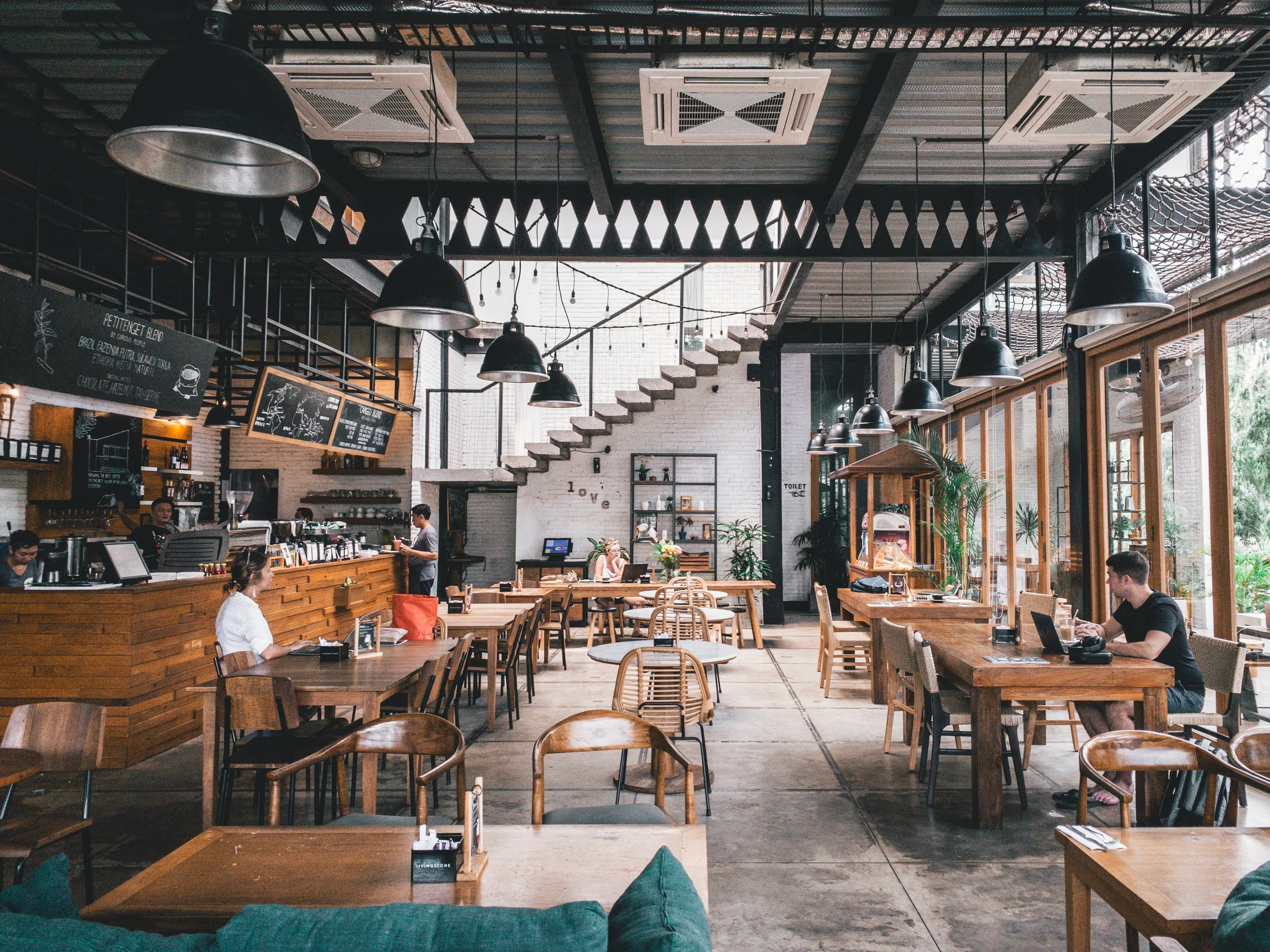




.svg)
.svg)
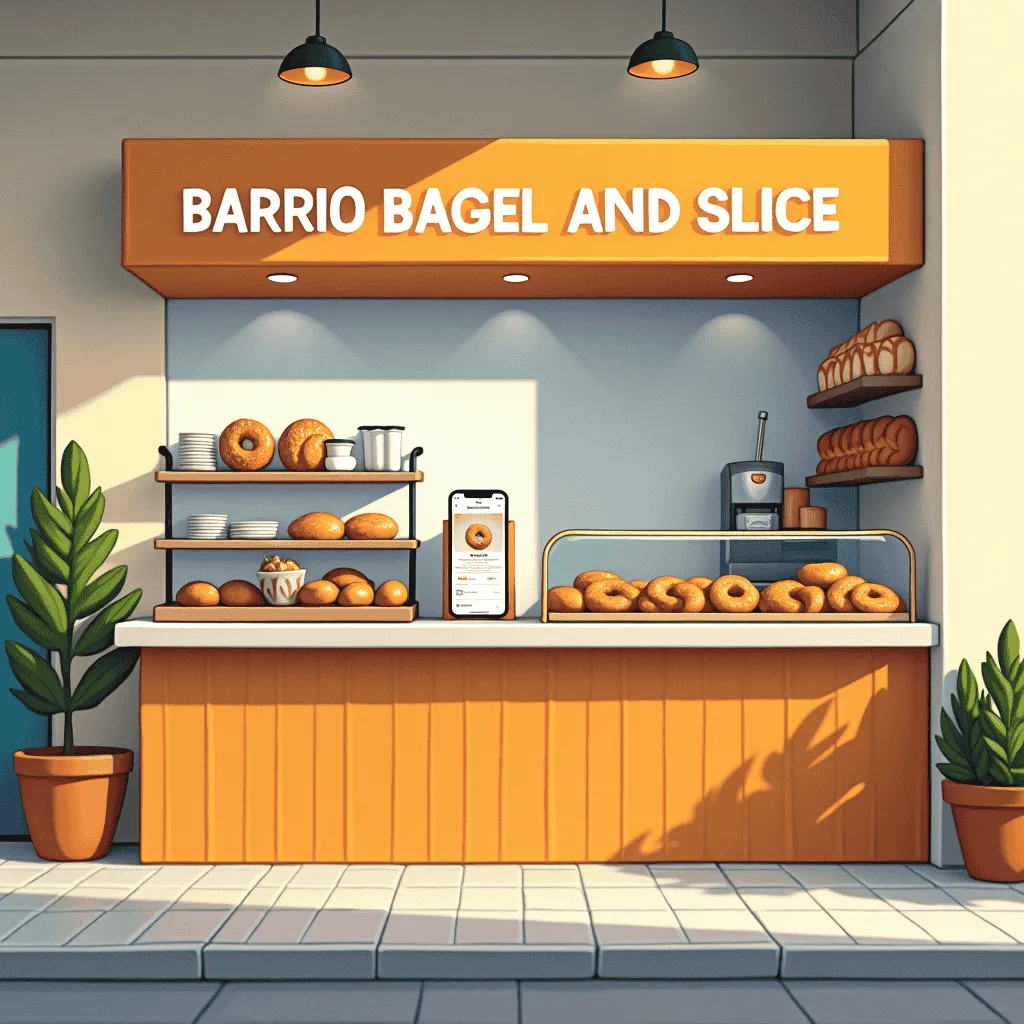

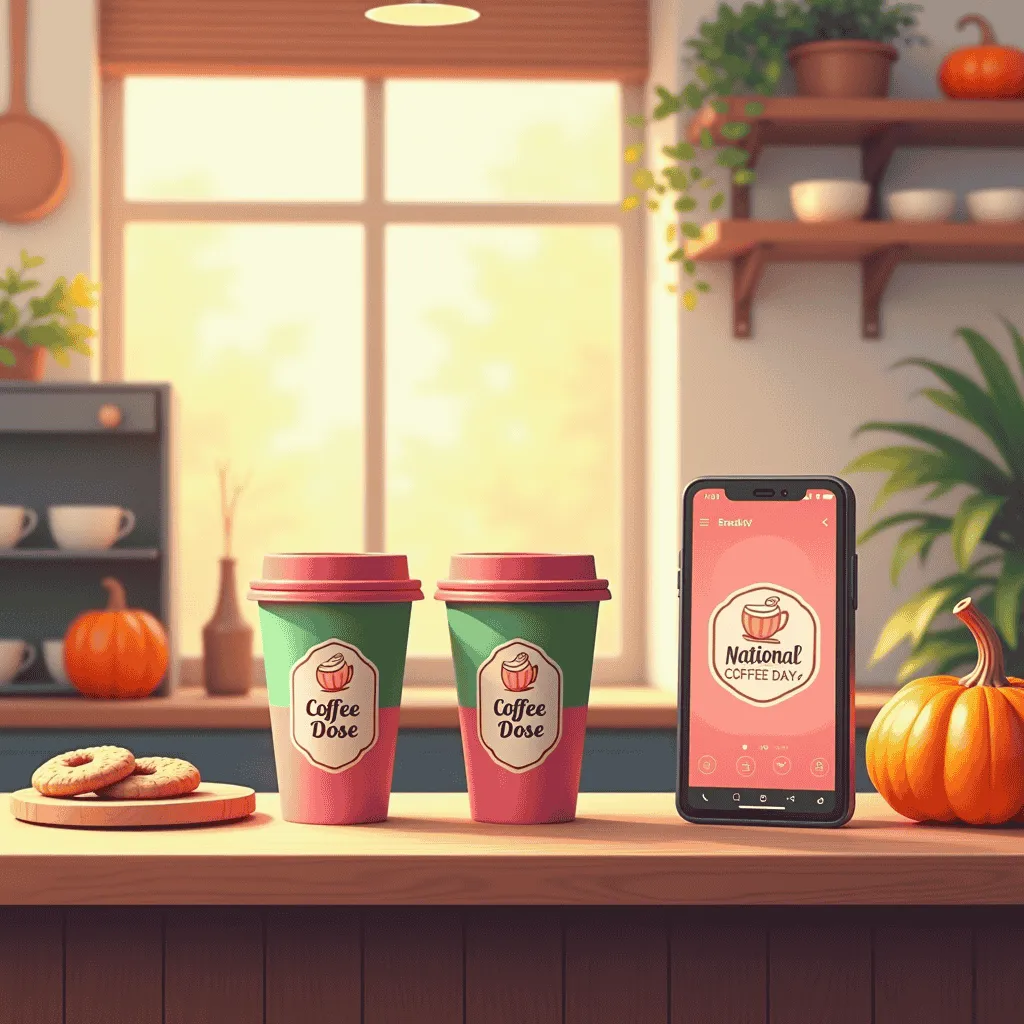
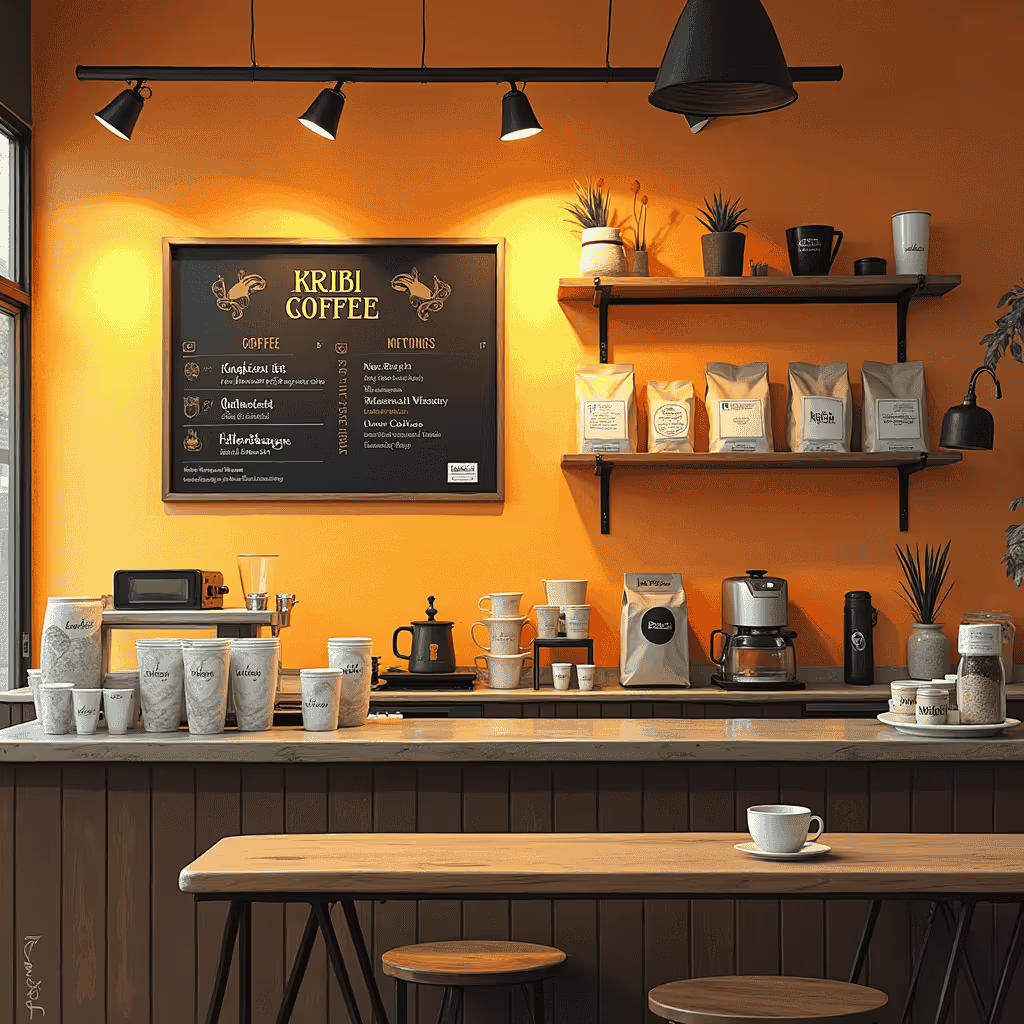
.avif)
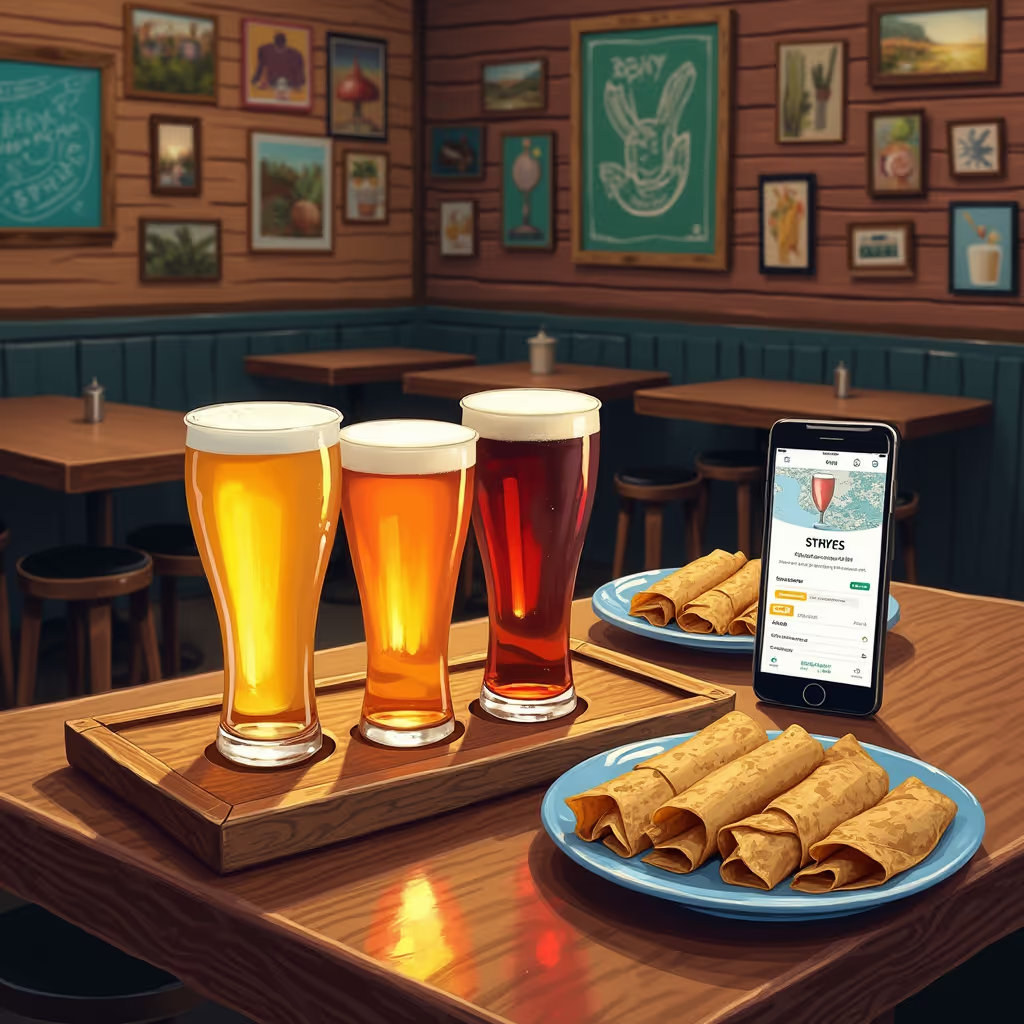
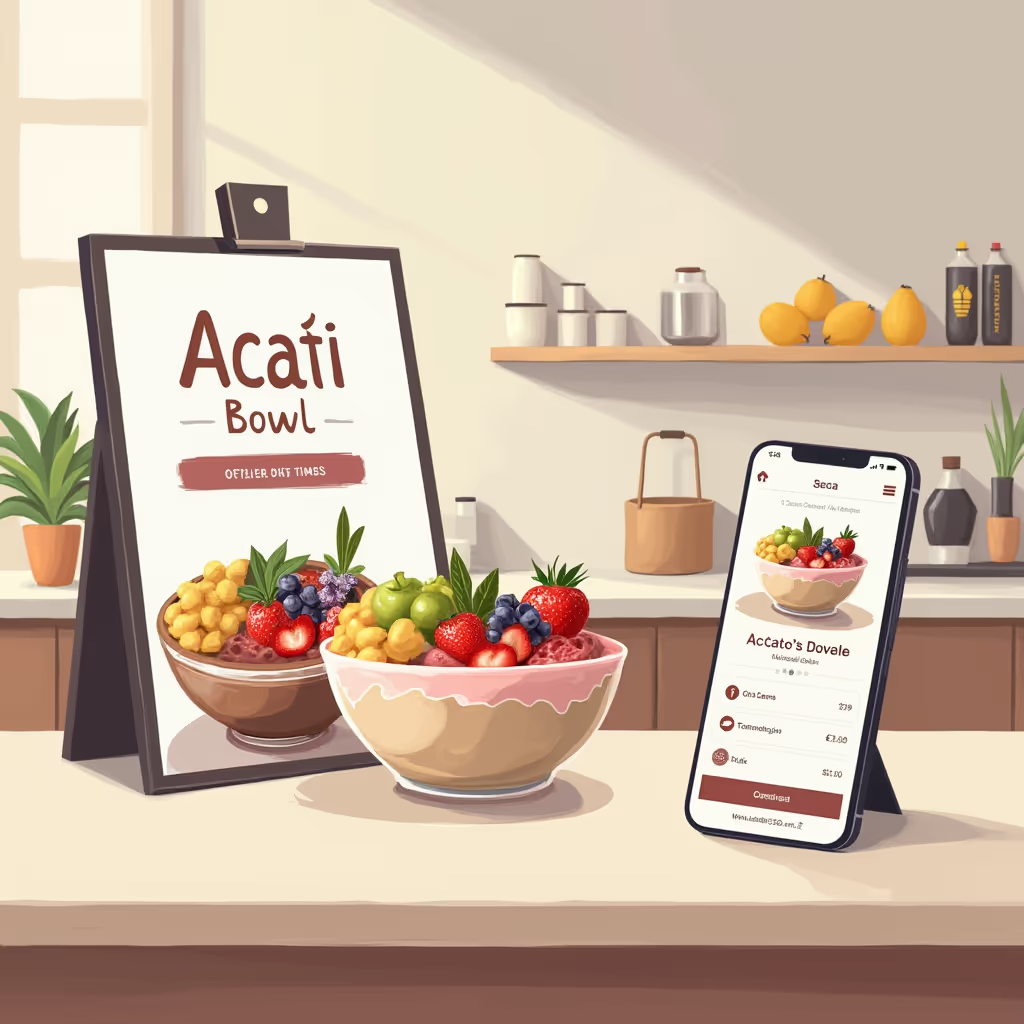
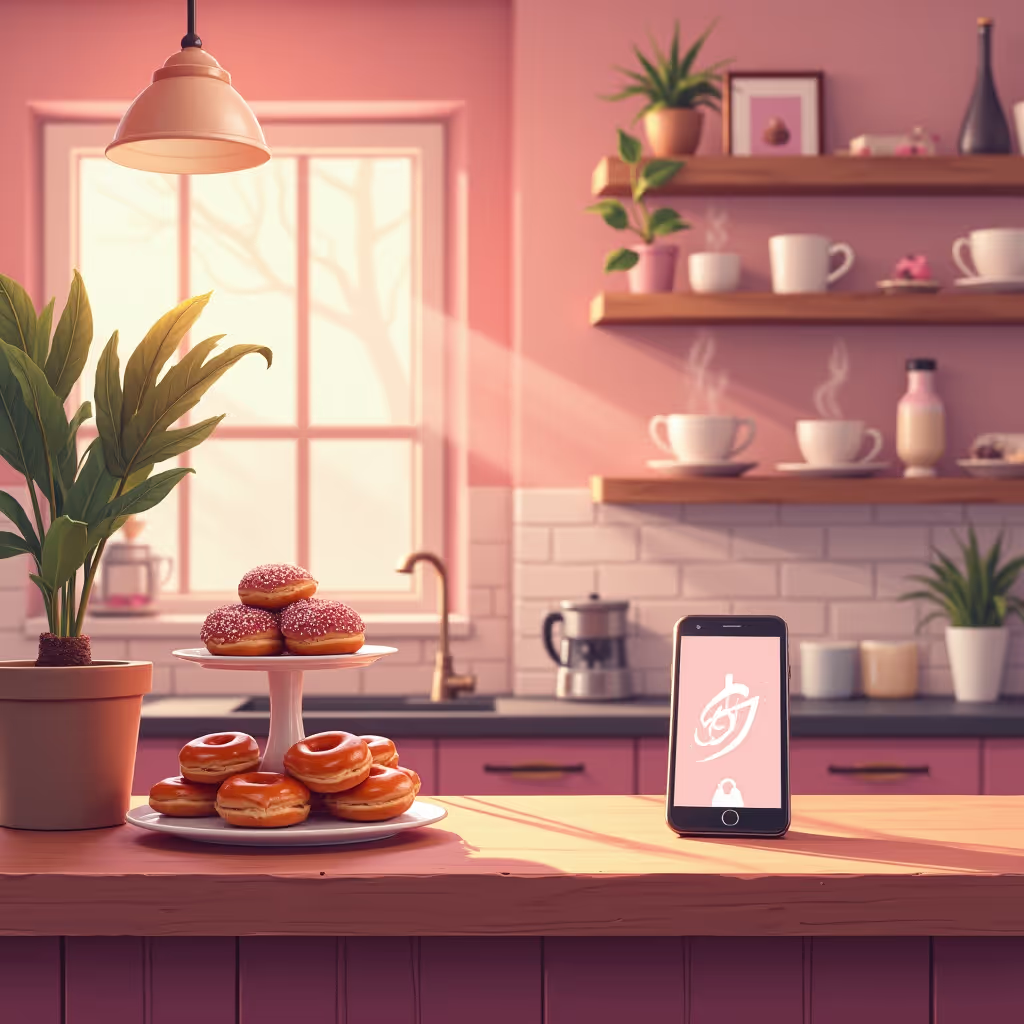
.avif)
.avif)

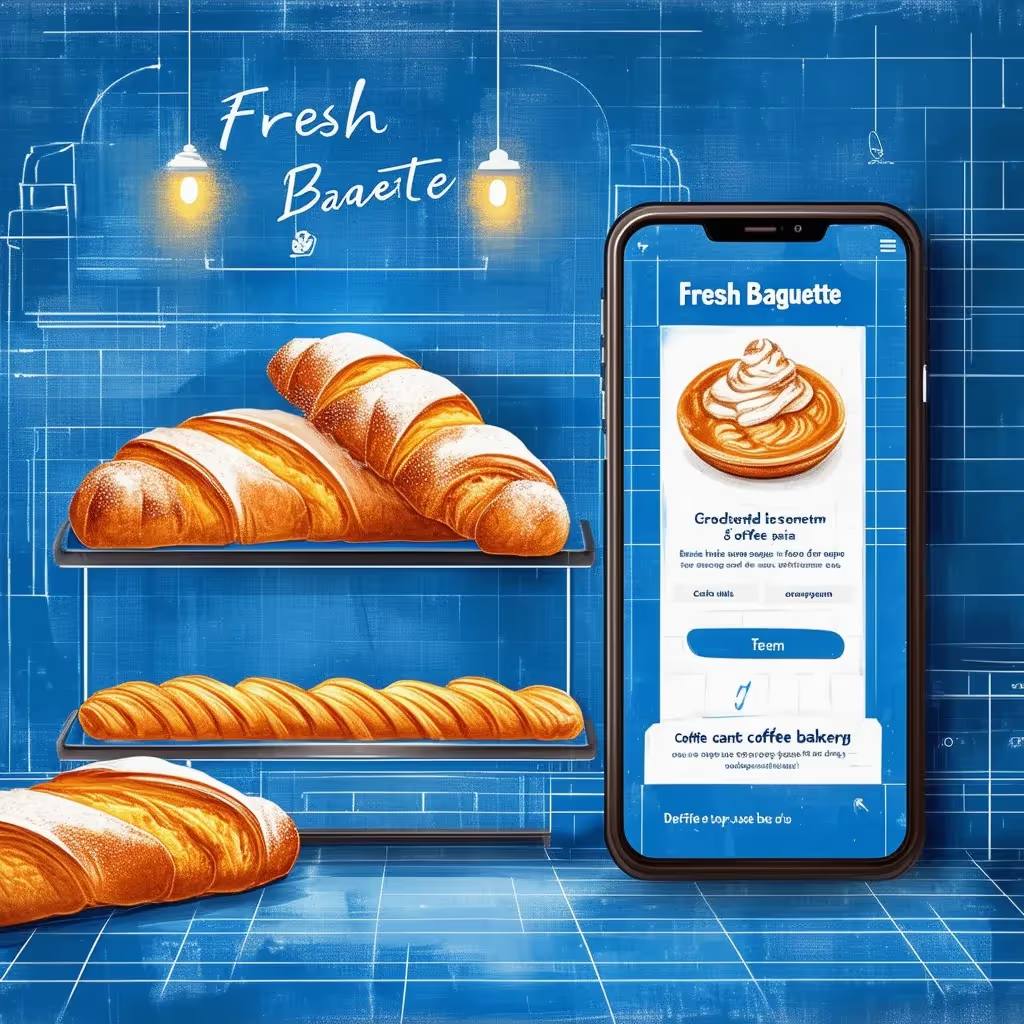
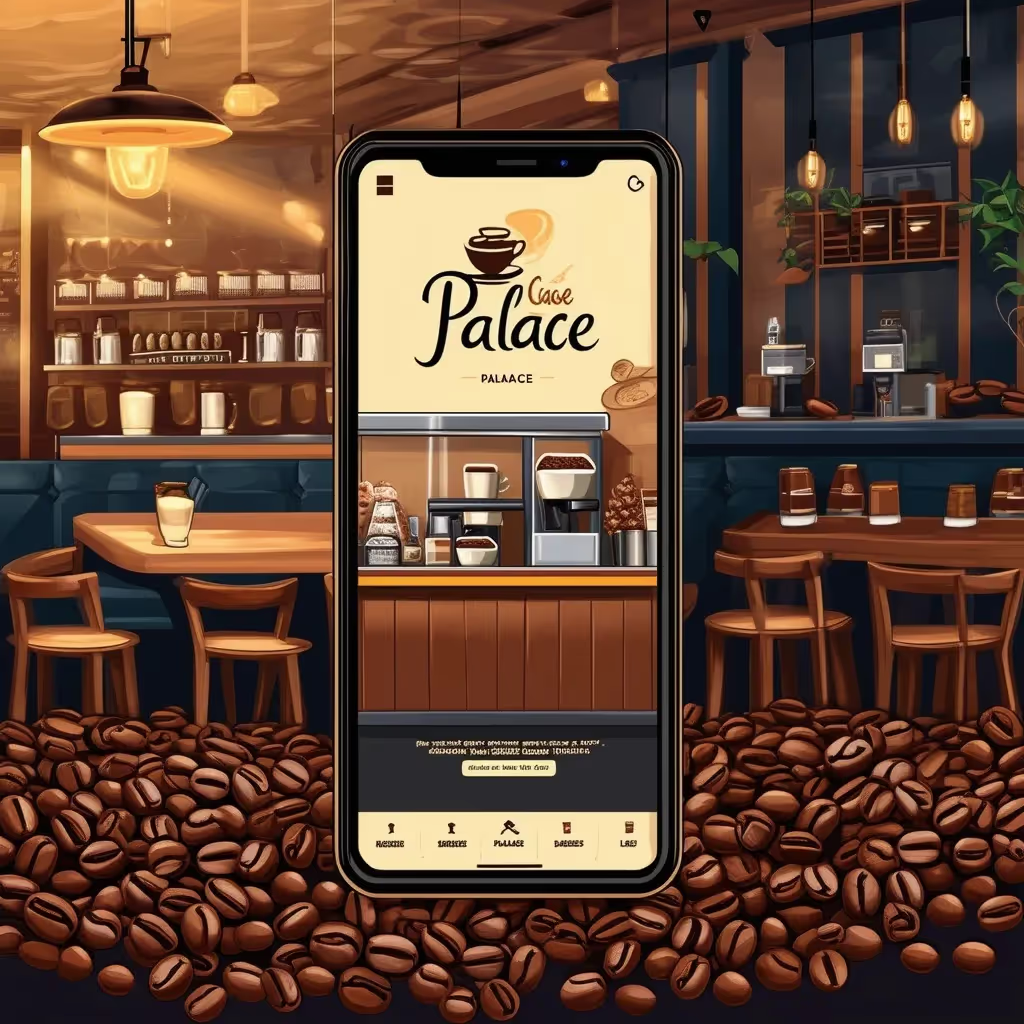
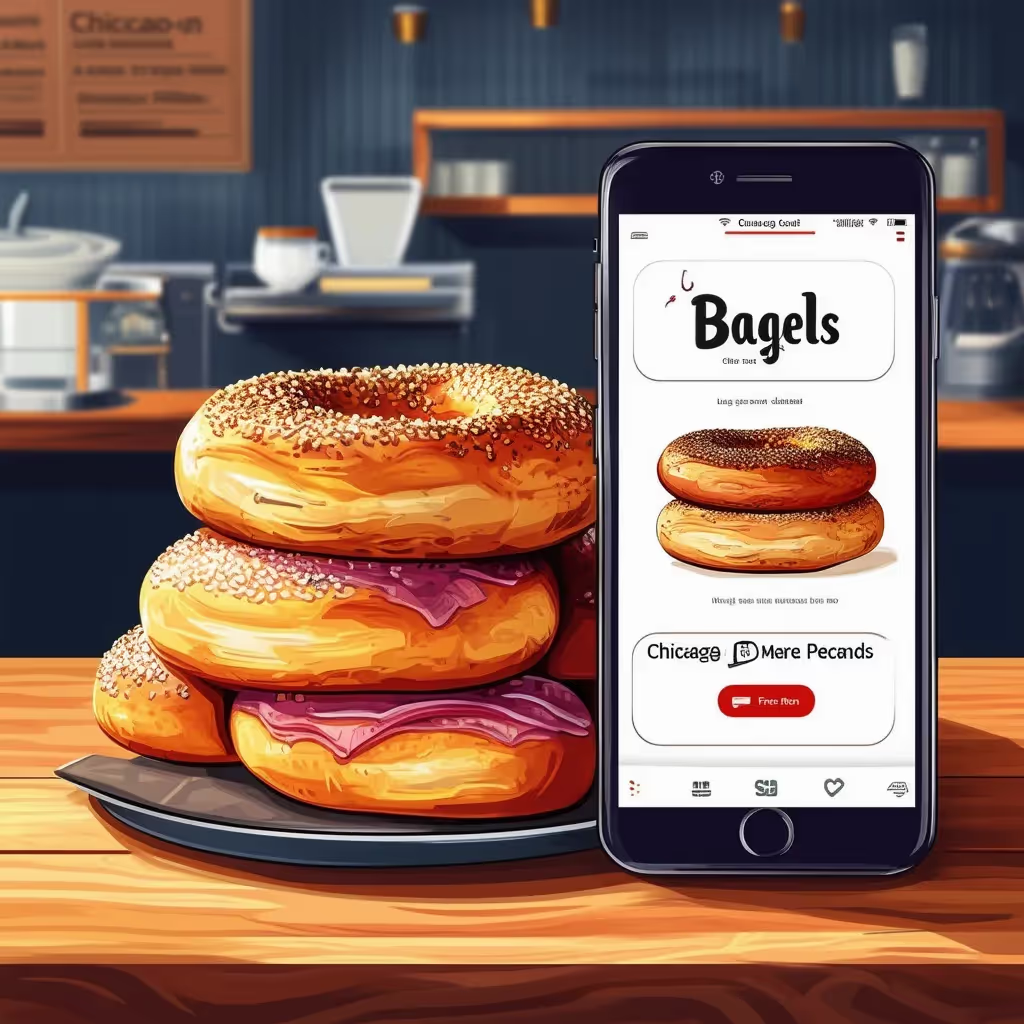
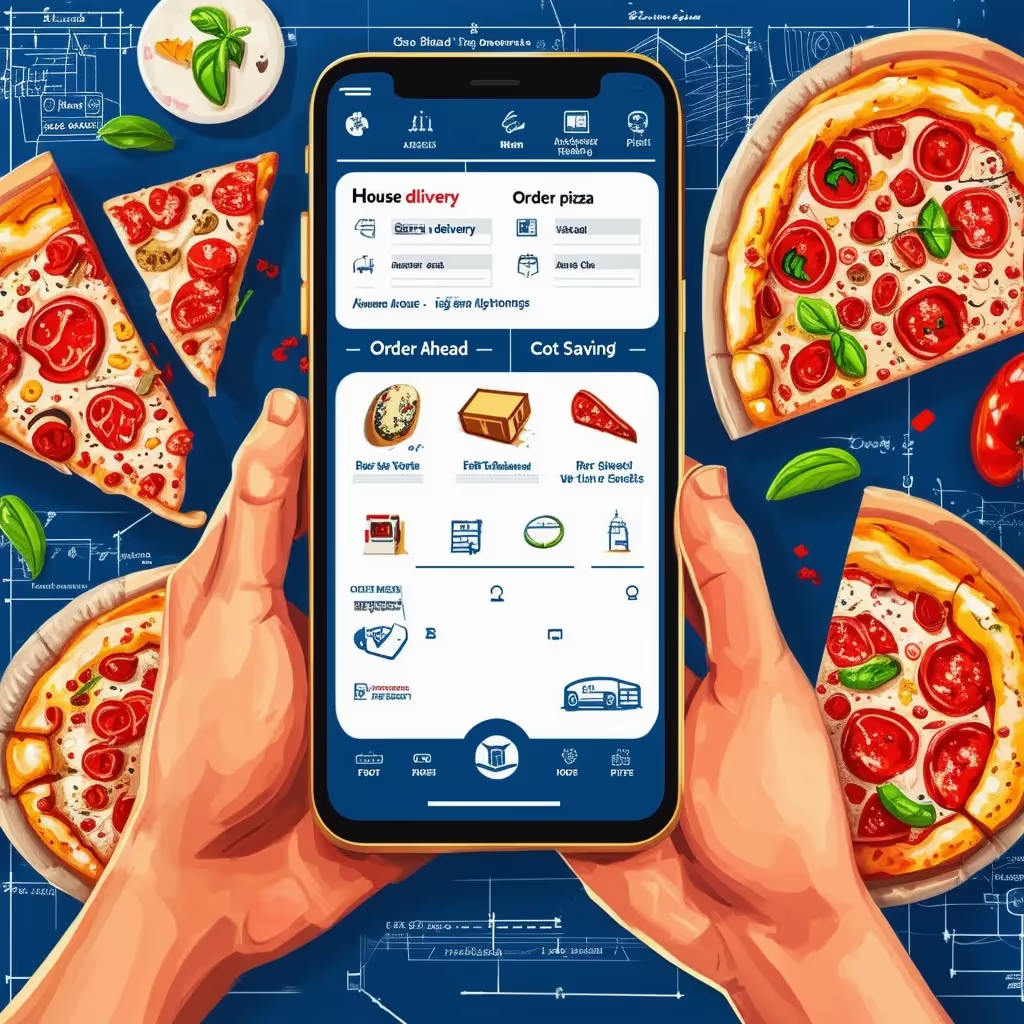



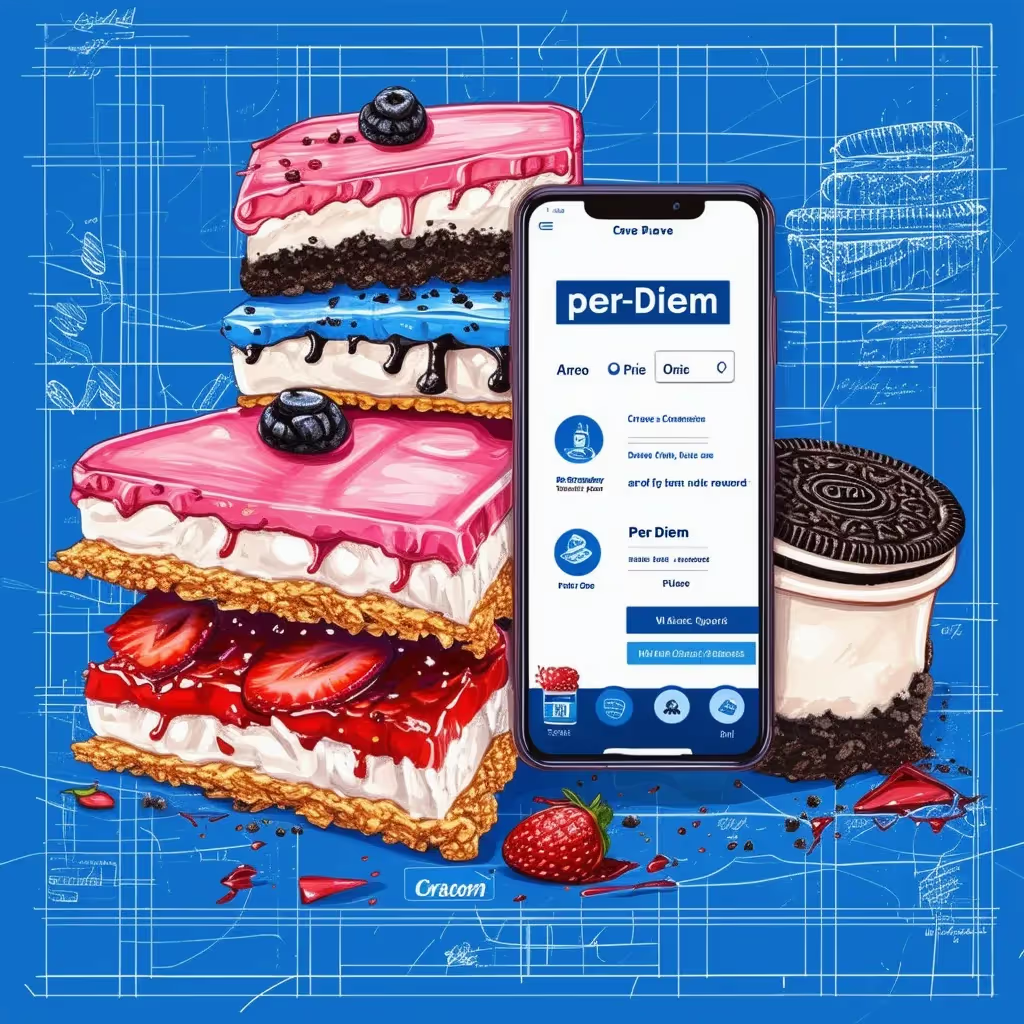
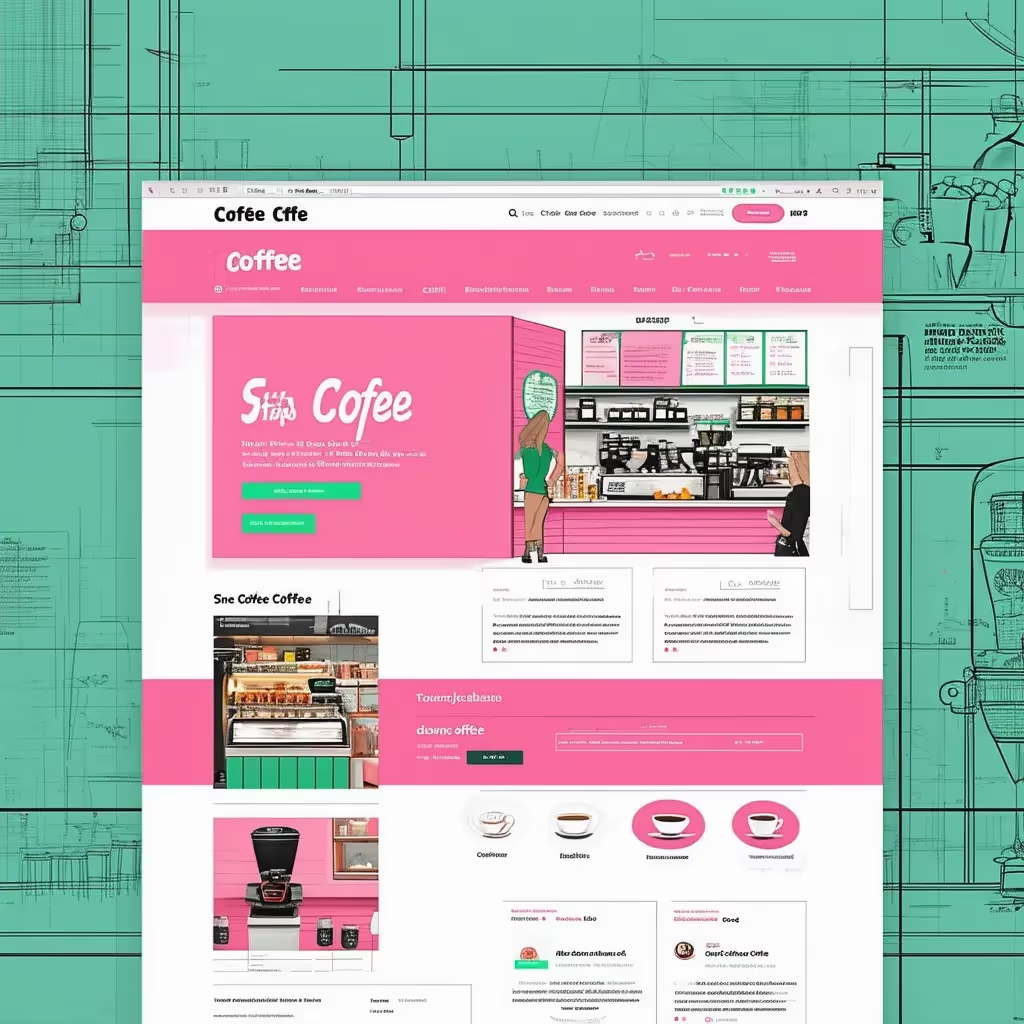
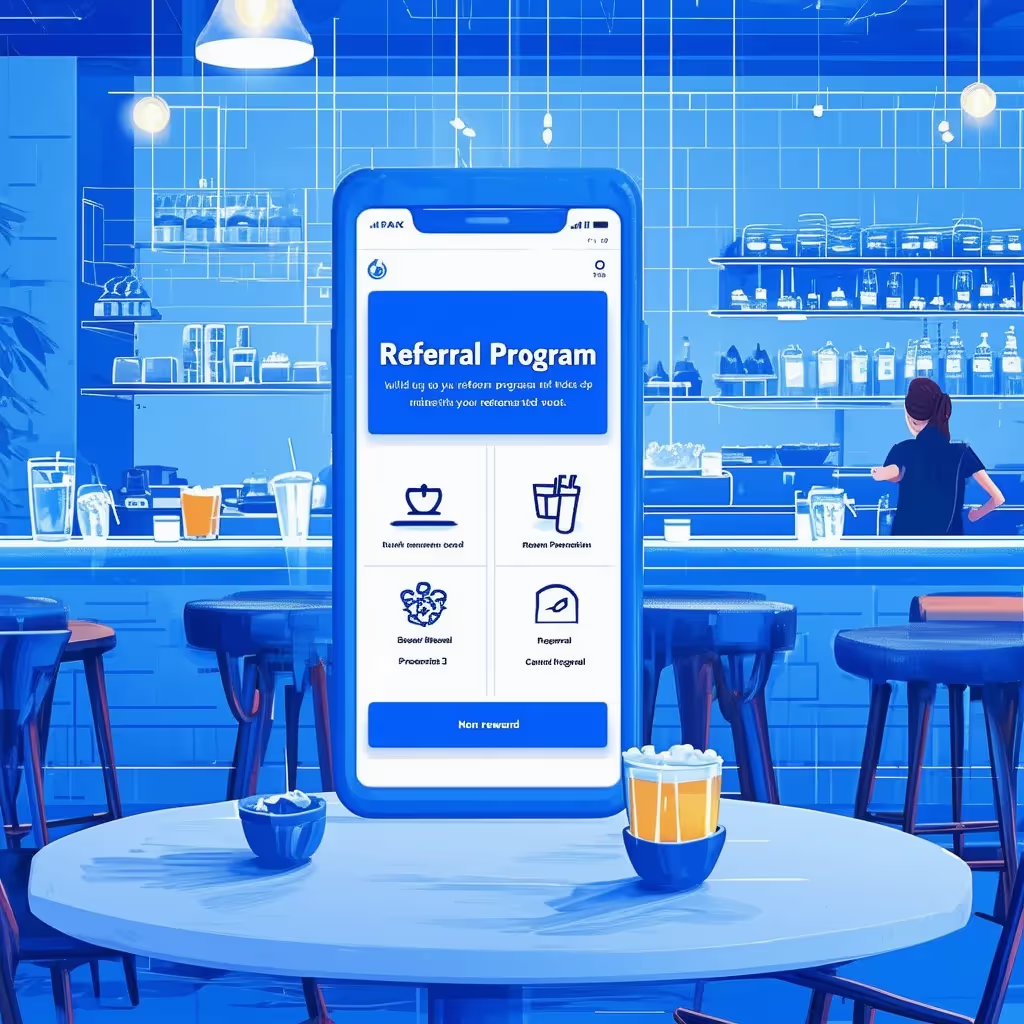



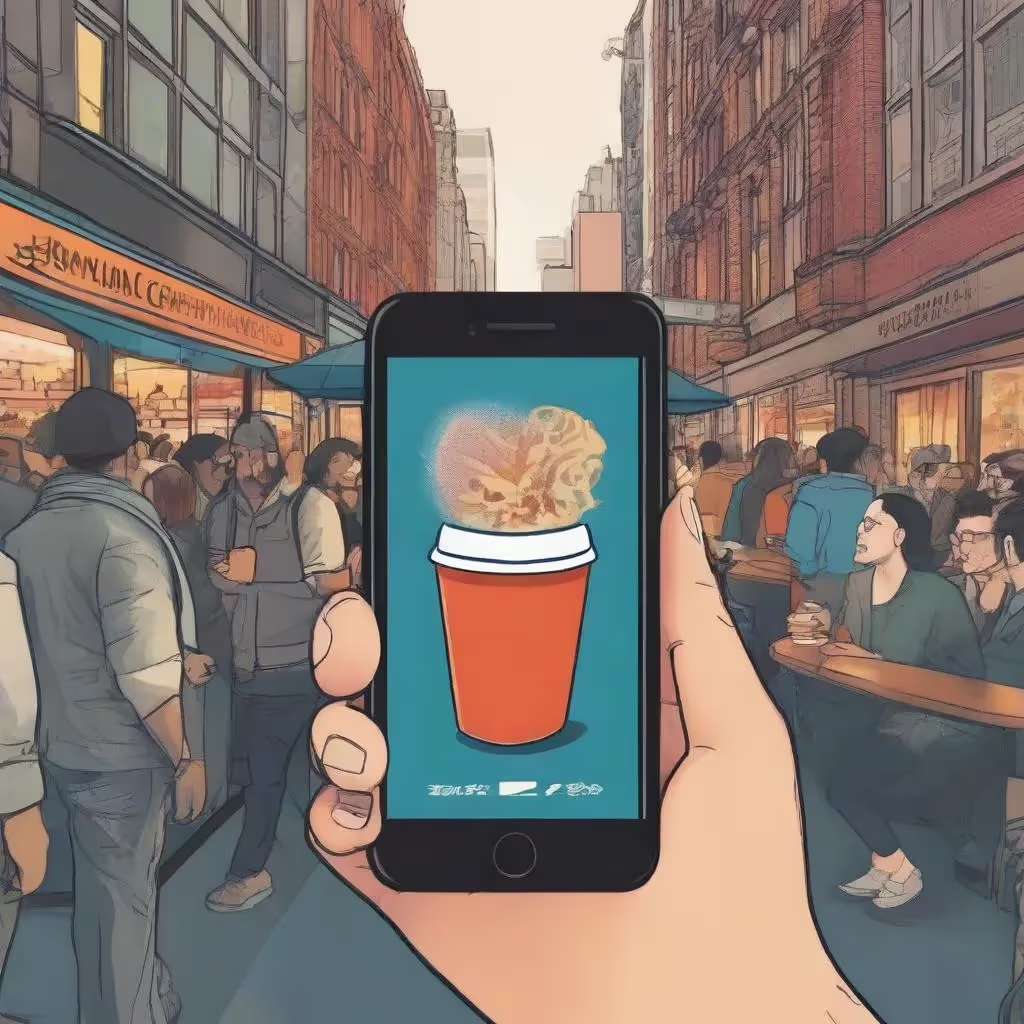
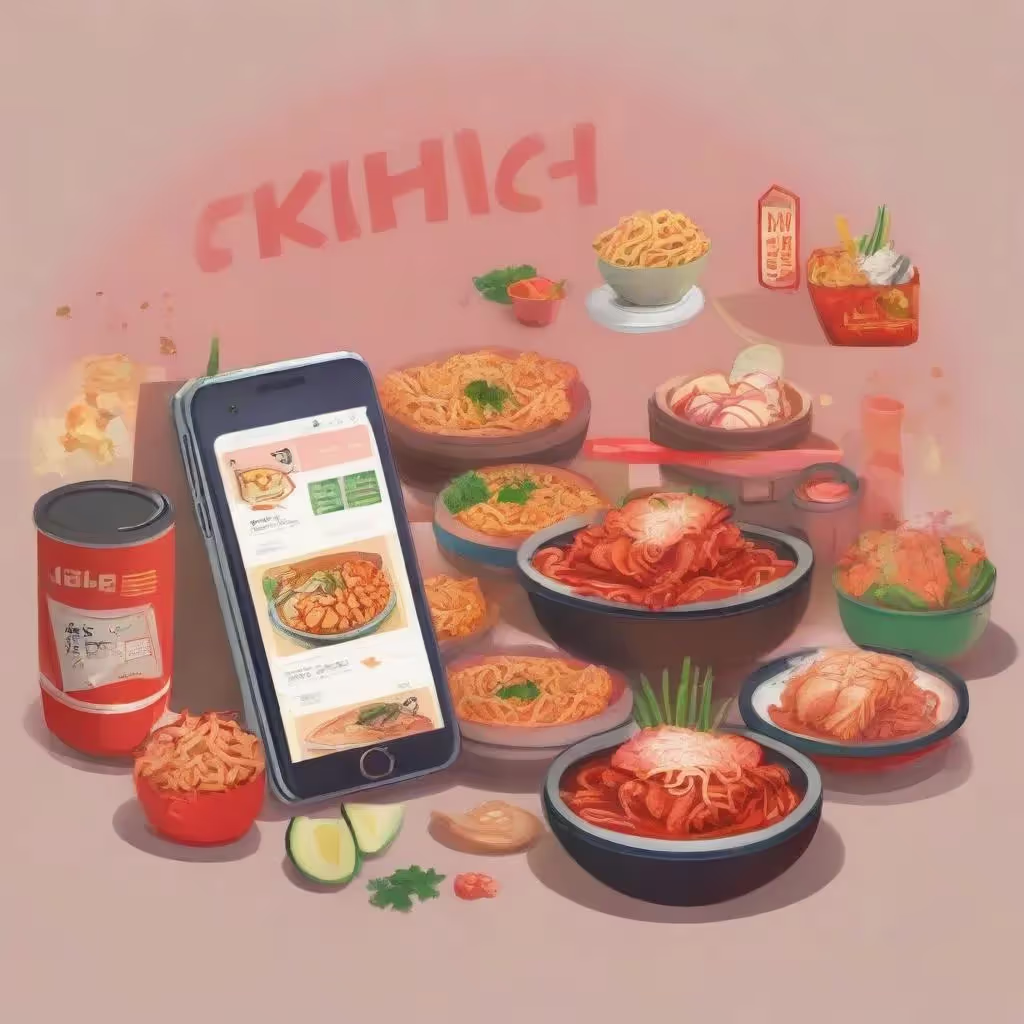
.avif)




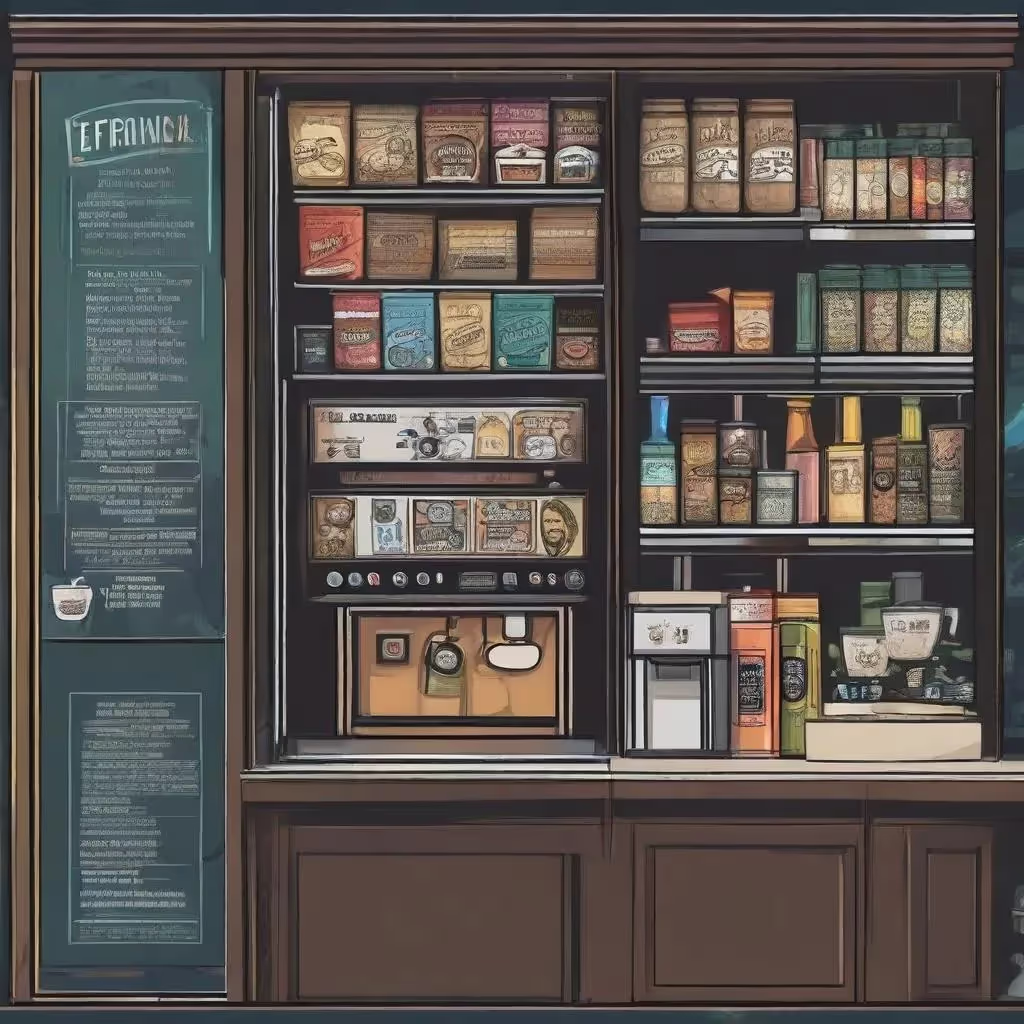
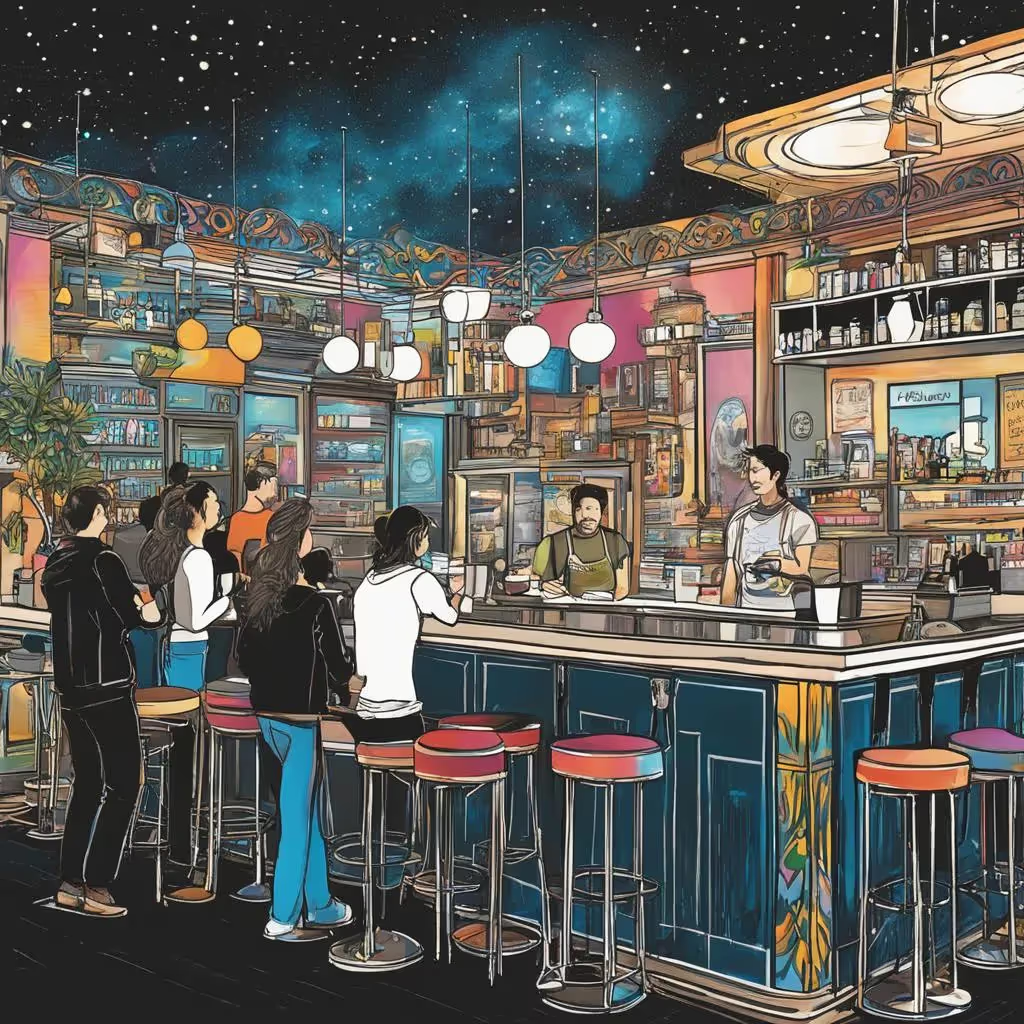


.avif)
